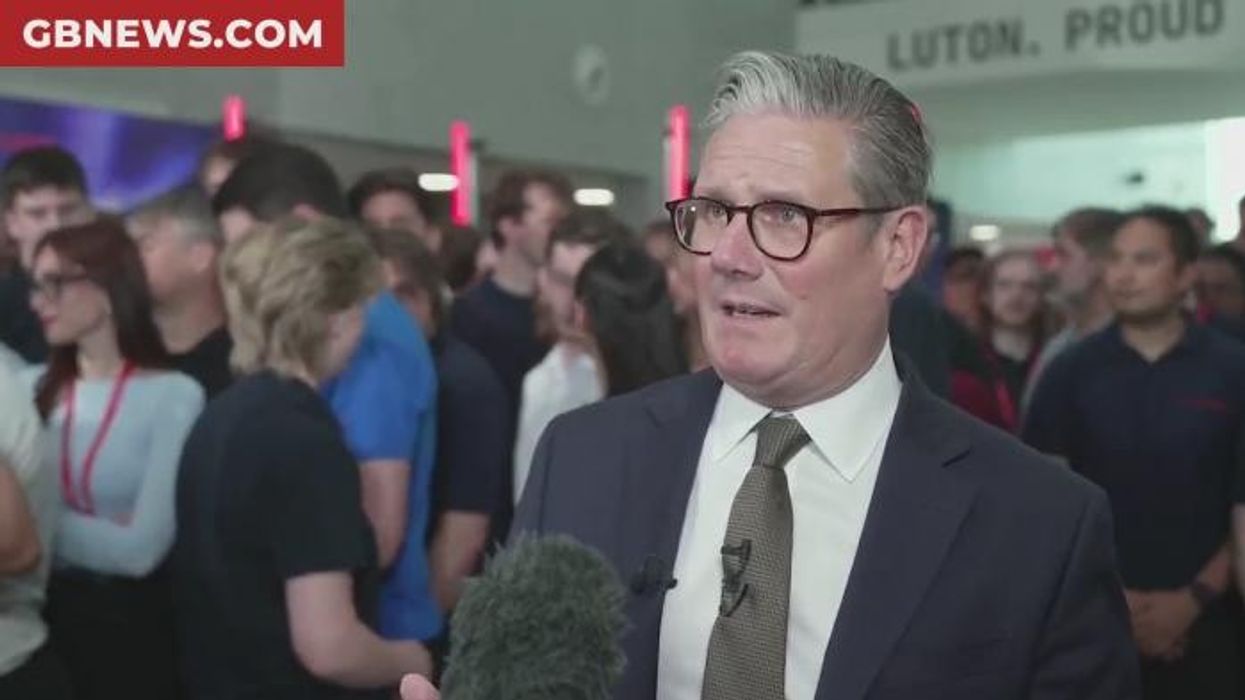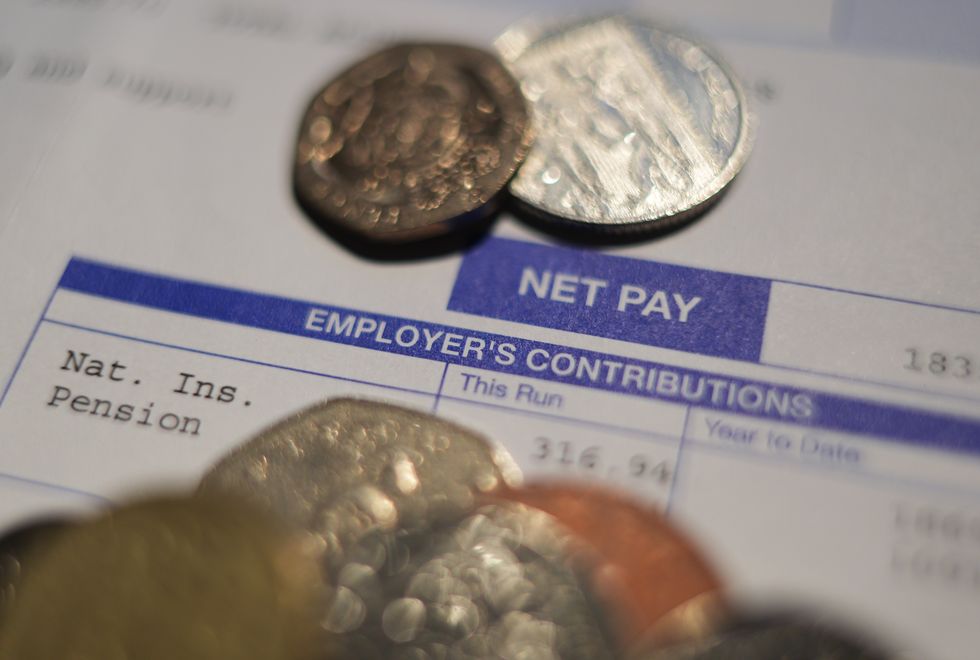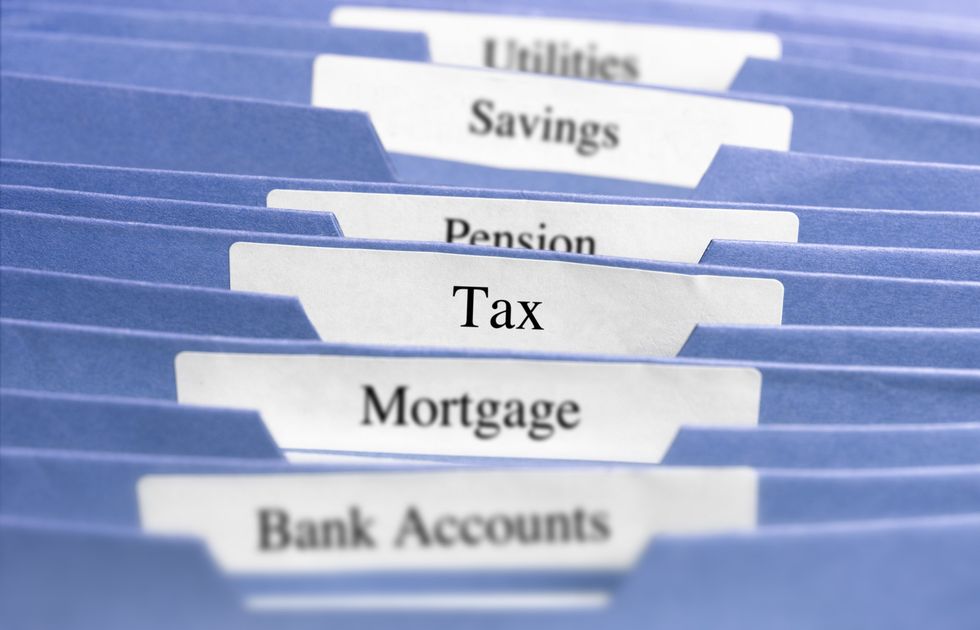Rachel Reeves faces fresh blow as firms plan pay freezes and MORE job cuts as unemployment hits four-year high

Labour's history of economic woes and recessions |
GBNEWS

Many businesses are implementing various cost-cutting measures to offset the increased tax payments
Don't Miss
Most Read
UK business owners are planning additional job cuts following the national insurance contribution increases that took effect in April, new research has shown.
These tax changes, introduced by Chancellor Rachel Reeves, have forced companies to make difficult decisions about their workforce.
The S&W business owners' sentiment survey found that companies are struggling to manage the higher tax burden imposed by the Government's autumn budget changes. As a result, 33 per cent of business owners say they are still planning further cuts to staff numbers.
This comes as the latest ONS figures show that unemployment in the UK rose to 4.6 per cent in the period from February to April 2025, marking the highest rate seen since summer 2021.
The survey of 500 UK business owners with turnovers of £5 million and above exposed the widespread impact of Reeves's decision to raise employers' national insurance contributions from 13.8 per cent to 15 per cent.
The threshold at which firms begin paying was also reduced from £9,100 to £5,000, compounding the financial pressure on businesses.
These tax changes, implemented alongside increases to the national living wage and reduced business rates relief for some firms, have forced companies to make difficult decisions about their workforce.
 Rachel Reeves's National Insurance hike is being blamed for the recent job figues | GETTY
Rachel Reeves's National Insurance hike is being blamed for the recent job figues | GETTY Around 20 per cent of those surveyed reported they have already reduced staff numbers as a "direct result" of the NICs changes.
Beyond workforce reductions, businesses are implementing various cost-cutting measures to offset the increased tax payments.
The research found that 46 per cent of business owners are planning further price increases to offset the jump in their operating costs. Around 35 per cent also intend to reduce staff hours to reduce costs. Additionally, 29 per cent are considering freezing pay.
These measures come as firms grapple with multiple financial pressures beyond the tax increases.
Companies cited higher commodity and energy costs, along with disruption from broader macroeconomic uncertainty, as contributing factors to their difficult position.
Kate Nicholls, the chief executive of the lobby group UK Hospitality said: "These shocking figures should make it abundantly clear to the government that the changes to employer NICs are inflicting more harm than good, and they should be reviewed and reversed urgently.
"We were clear at the time that the changes to NICs were a tax on jobs, and so it is sadly proving."
A combination of immediate job losses and plans for further cuts is painting a bleak outlook for UK employment.
According to the ONS, employers cut 55,000 payrolled staff between March and April. Total headcount fell by 0.3 per cent over the three months from February to April, and by 0.2 per cent compared with the same period last year.
Other key indicators show further signs of a weakening labour market. Job vacancies declined by 63,000 between March and May to 736,000, marking the 35th consecutive quarterly drop, while jobless benefit claims also rose during the same period.

The research found that 46 per cent of business owners are planning further price increases, whilst 35 per cent intend to reduce staff hours
|PA
Whilst wage growth remains above five per cent, the job losses reflect the consequences of the Government's autumn budget decision to burden employers with tax increases whilst implementing a 6.7 per cent minimum wage rise.
Claire Burden, partner in consulting at S&W, said: "Businesses face considerable challenges in the current economic climate and many owners are having to make difficult decisions to stay afloat.
"Given that salaries represent a considerable proportion of the overall cost base for most businesses, it is to be expected that many are looking closely at headcounts in response to the increased national insurance costs."
Alex Simpson, partner in employer solutions at S&W, noted the unexpected nature of the changes.

Rachel reeves decided to raise employers' national insurance contributions from 13.8 per cent to 15 per cent
| GETTYHe said: "For most businesses, the extent of the employers' NIC change was a surprise. We anticipated an increase in the employers' rate, but the additional reduction to the earnings threshold was not expected and is expected to have a dramatic impact over time."
A Government spokesman defended the budget decisions, stating: "We are a pro-business government. We are protecting the smallest businesses from the employer national insurance rise, shielding 250,000 retail, hospitality and leisure business properties from paying full business rates and have capped corporation tax."
The spokesman added: "We delivered a once-in-a-Parliament budget last year that took necessary decisions on tax to stabilise the public finances, including the NHS which has now seen waiting lists fall five months in a row.
"We are now focused on creating opportunities for businesses to compete and access the finance they need to scale, export and break into new markets."
More From GB News










